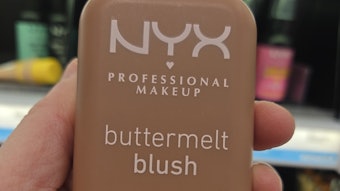The bioactivity of a product can be quantitatively measured and analyzed by assessing its ability to protect, retain normal moisture and delay the aging process of skin. O/W emulsions are commonly used cosmetic delivery systems that supply moisture to skin and improve its condition by forming an occlusive barrier on the skin surface.1 In recent years, scientists have been looking at utilizing natural resources in cosmetic products, as natural vegetal oils are readily available at affordable costs and have excellent cosmetic and skin care application properties such as soothing, moisturizing and skin penetrating. Vegetal oils such as soybean oil, corn oil, safflower oil and linseed oil are used for cosmeceutical purposes as w/o emulsions using single or mixed surfactants.2–4
Prunus dulcis (almond) oil, Carthamus tinctorius (safflower) oil and Passiflora aincarnata (palm) oil share oleic acid as a major fatty acid and are rich in tocopherols and tocotrienols. The added benefits of these oils are moisturizing, emollient and soothing properties that make them an alternative for a topical skin treatment. A literature survey revealed that few oils are explored in the form of o/w cosmetic formulation. Reports on rheological properties are scarce, and hence this study was conducted.










